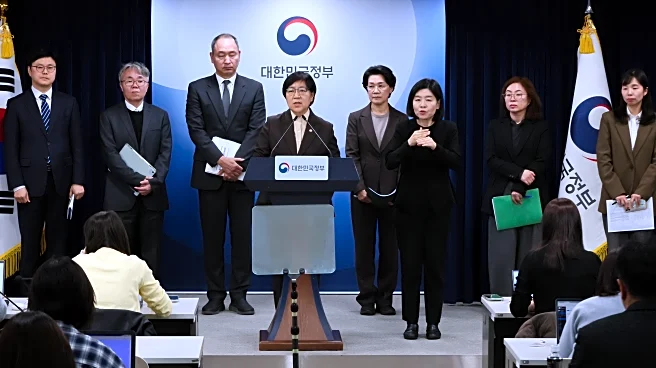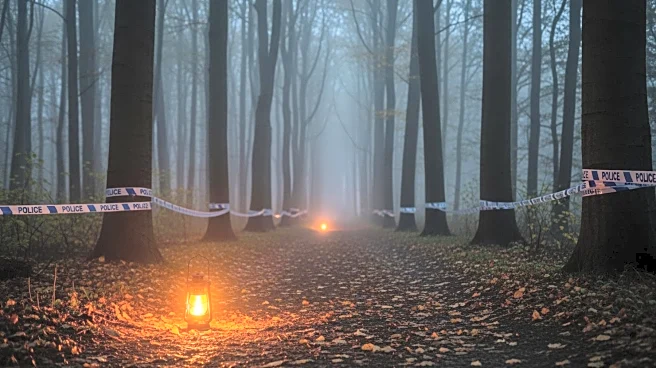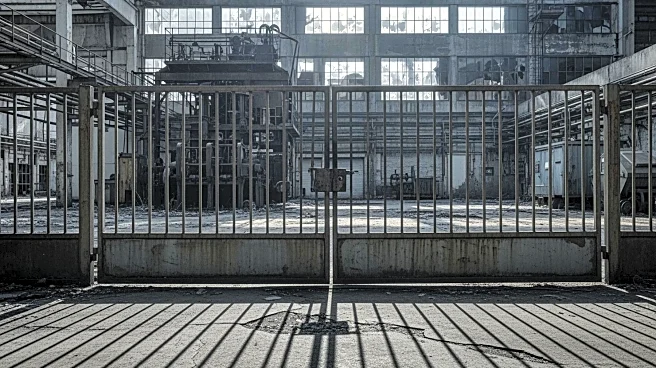Rapid Read • 8 min read
Paul Kagame has commenced his fourth term as the President of Rwanda as of August 2024. Having first assumed the presidency in April 2000, Kagame has been a pivotal figure in Rwandan politics since leading the Rwandan Patriotic Front to end the 1994 Genocide against the Tutsi. Under his leadership, Rwanda has seen significant social and political stabilization, although economic challenges persist. Kagame's administration is marked by efforts in peace, reconciliation, and economic development, with a focus on transforming Rwanda into a middle-income country by 2035 and a high-income country by 2050. However, regional tensions, particularly with Burundi and the Democratic Republic of Congo (DRC), pose significant challenges. Accusations of Rwanda's involvement in supporting rebel groups in the DRC have strained relations, necessitating diplomatic efforts to maintain regional stability.
AD
Kagame's leadership is crucial for Rwanda's continued development and stability. His administration's focus on economic growth and state-building is vital for achieving the country's ambitious development goals. However, regional instability, particularly the tensions with the DRC and Burundi, could undermine these efforts. The accusations against Rwanda regarding support for rebel groups in the DRC could lead to further diplomatic and security challenges. Kagame's ability to navigate these regional issues will be critical in maintaining Rwanda's progress and ensuring national security. The outcome of these efforts will have significant implications for Rwanda's economic stakeholders and its position in the East African region.
Kagame's administration is expected to continue focusing on strengthening state institutions and addressing regional security threats. Diplomatic engagements with neighboring countries, particularly the DRC and Burundi, will be essential to mitigate tensions and foster regional cooperation. Internally, Kagame's government will need to address economic disparities and continue building institutional capacity to support Rwanda's development goals. The success of these initiatives will be pivotal in determining Rwanda's trajectory towards becoming a middle-income nation and ensuring long-term political stability.
The broader implications of Kagame's leadership extend to the potential for Rwanda to serve as a model for post-conflict recovery and development in Africa. However, the criticisms regarding political suppression and lack of democratic processes highlight ongoing challenges in governance and human rights. The development of strong political institutions could eventually reduce the country's reliance on Kagame's leadership, paving the way for a more sustainable political future.
AD
More Stories You Might Enjoy












